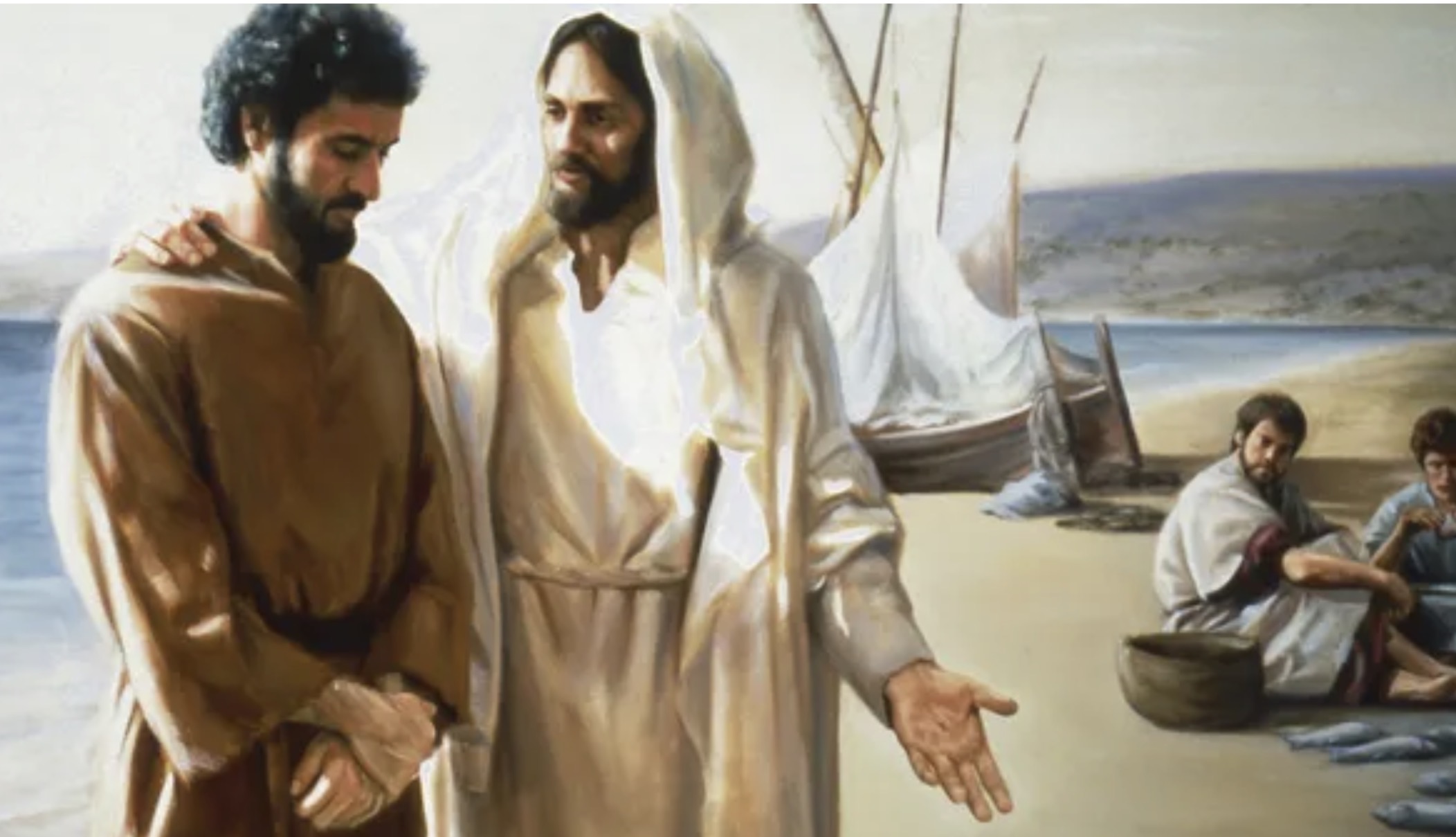Step 4: “Made a searching and fearless moral inventory of ourselves.”
Devotional Thought
Step 4 does not begin with self-examination—it begins with surrender.
Before we ever open the door to a moral inventory, we pause and return to Step 3. Without surrender, inventory becomes self-punishment. Without trust, honesty turns into fear. Step 4 requires courage, and courage only grows where faith is already planted.
When we sincerely turned our will and our lives over to the care of Jesus, something remarkable happened. We accepted a new way of living—no longer driven by self-management, control, or fear. As Alcoholics Anonymous describes, we gained a new Employer. Being all-powerful, He provides what we need as we stay close to Him and perform His work well.
This matters as we approach Step 4. A moral inventory is not about fixing ourselves—it is about seeing clearly while standing securely in God’s care. We are not alone in this process. We are not earning grace. We are responding to it.
The Third-Step Prayer asks for freedom from the bondage of self. That freedom makes fearless honesty possible. When we abandon ourselves honestly and humbly to God, fear begins to loosen its grip. We can face the truth about ourselves because we are already held by Truth Himself.
Step 4 is described as a “personal housecleaning.” But no one cleans a house they do not feel safe living in. Step 3 establishes the safety. Step 4 begins the work.
This is only a beginning—but when sincerely made, its effect can be profound.
Bible Example:
Before calling Peter to lead the early church, Jesus restored him—not by ignoring his failure, but by bringing it into the light.
After Peter denied Him three times, Jesus gently asked Peter three times, “Do you love Me?” Each question mirrored a denial, not to shame Peter, but to heal him. Peter’s honesty in that moment became the doorway to restoration and purpose.
Jesus did not reject Peter’s truth—He met him in it.
Step 4 works the same way. Christ already knows our story. He invites us to face it with Him so healing and growth can follow.
Reflection Questions:
- In what ways does remembering Step 3—turning my life over to Jesus—make Step 4 feel safer and more possible?
- Where do I still fear what I might discover about myself, and what would it look like to invite God into that fear?
Closing Prayer:
God, I offer myself to You. Search my heart and prepare me for honesty. Relieve me of the bondage of self so I may see clearly and walk freely. Give me courage rooted in trust, not fear. Help me believe that Your care is greater than anything I will uncover. May I do Your will always. This I pray in Jesus’s name. Amen.

